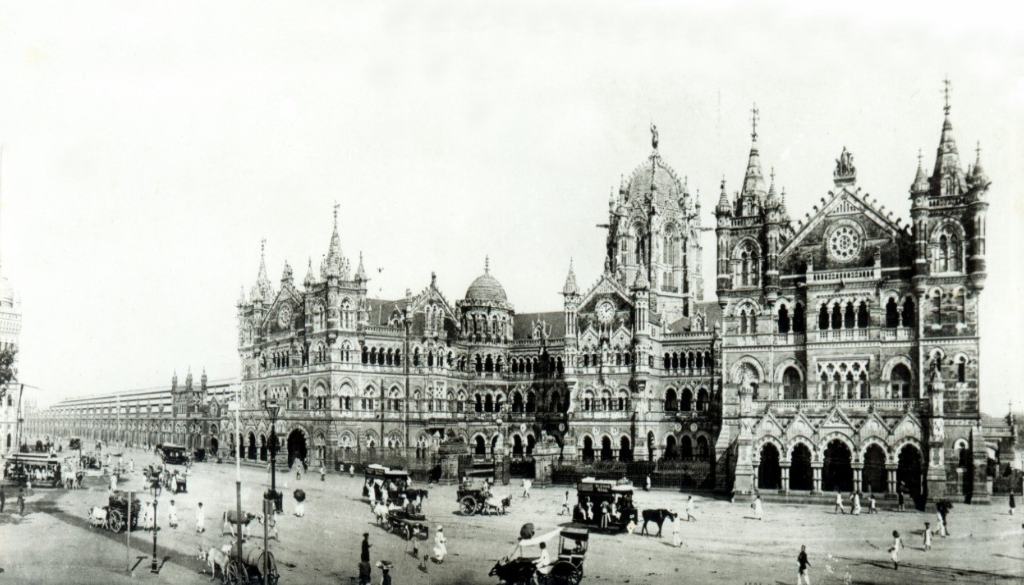Central Railway Enters Its 74th Year of Formation

Mumbai, 4th November 2024: Central Railway, the successor to the Great Indian Peninsula (GIP) Railway, has completed 73 years of its formation and entered its 74th year on November 5, 2024. The GIP Railway’s legacy dates back to April 16, 1853, when the first train in Asia and India ran between Mumbai and Thane. Over the years, the GIP Railway expanded its reach with the merger of the Indian Midland Railway Company in 1900, extending its network from Delhi in the North, Kanpur and Allahabad in the Northeast, Nagpur in the East, and Raichur in the Southeast, connecting Bombay (now Mumbai) to nearly all parts of India. The GIP Railway’s route mileage stood at 1,600 miles (2,575 km).
On November 5, 1951, Central Railway was formed by integrating Nizam State, Scindia State, and Dholpur State Railways with the GIP Railway. In 2003, Central Railway underwent reorganization, reducing its divisions from eight to five, following the creation of seven new zones. As a result, the Jabalpur and Bhopal divisions were included in West Central Railway, while the Jhansi division became part of North Central Railway. Today, Central Railway consists of five divisions: Mumbai, Bhusaval, Nagpur, Solapur, and Pune, covering a network of 4,219 route kilometers across Maharashtra, Madhya Pradesh, and Karnataka, with a total of 492 stations.
Central Railway has achieved numerous milestones over the past 73 years. Among its many firsts are the introduction of India’s first Shatabdi Express, Jan Shatabdi Express, and Tejas Express. The railway’s commitment to continuous development is evident in its significant growth in freight and passenger transport. In 1951, Central Railway’s originating freight loading was 16.58 metric tonnes (approximately 0.0000165 million tonnes), which has now surged to 89.24 million tonnes in 2023-24, marking the highest loading in the railway’s history. Passenger numbers have also grown from 224 million in 1951 to 1,583 million in the financial year 2023-24.
Mumbai’s suburban train services, often referred to as the city’s lifeline, have also seen substantial expansion. Central Railway’s suburban network, which began with three-coach trains, has now grown to include nine-coach, twelve-coach, and even fifteen-coach trains. The introduction of air-conditioned suburban services has further enhanced commuter comfort. Currently, Central Railway operates 1,850 suburban services daily, with 1,810 running in Mumbai and 40 in Pune. In addition, infrastructure projects such as new railway lines, doubling, tripling, and quadrupling of tracks, electrification, bridge construction, and new station developments are progressing at a rapid pace. Central Railway completed a record 348 kilometers of multi-tracking during the financial year 2023-24.
From its humble beginnings in 1853 to its present stature, Central Railway has been a trailblazer in delivering top-quality services and remains committed to providing safe, comfortable, and convenient journeys for its passengers.






